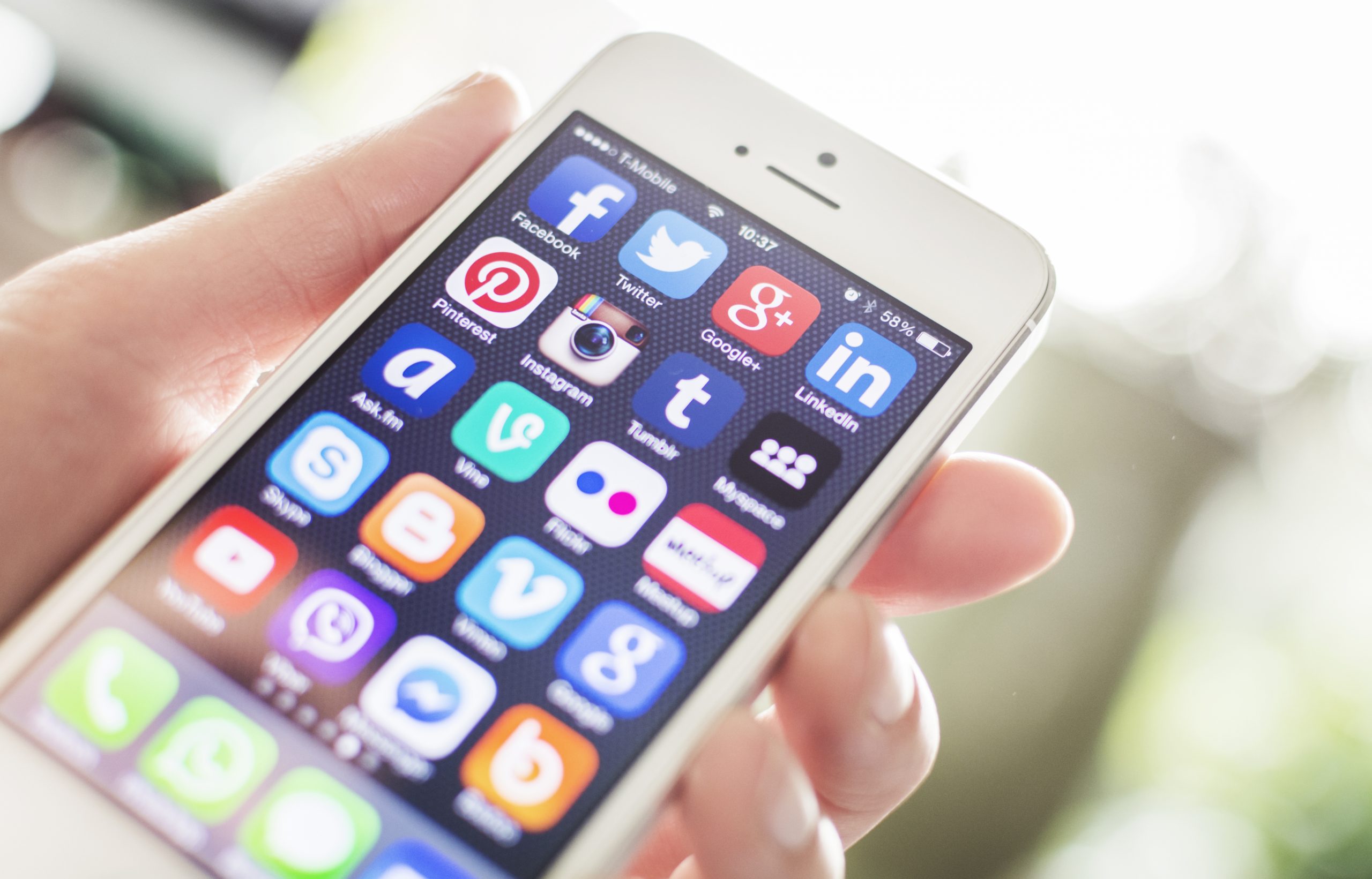Emotional Intelligence (EI) is more than just a buzzword—it’s a critical tool that can dramatically improve your overall well-being. While most discussions around EI focus on its impact in professional settings, it’s equally important to understand how it influences our mental and physical health. This blog explores the transformative effects of enhancing your emotional intelligence and offers practical tips to harness its benefits for a healthier life.
What is Emotional Intelligence?
Emotional Intelligence is the ability to perceive, control, and evaluate emotions. It involves four core skills:
- Self-awareness: Recognizing one’s emotions and how they affect thoughts and behavior.
- Self-management: Managing one’s emotions healthily and constructively.
- Social awareness: Understanding the emotions, needs, and concerns of others.
- Relationship management: Developing and maintaining good relationships, communicating clearly, and influencing others.
The Impact of EI on Mental Health
Emotional intelligence directly correlates with improved mental health. It equips individuals with the tools to manage stress, ward off anxiety, and navigate through depression. High EI helps in identifying the onset of emotional distress and adopting strategies to alleviate it, promoting a more stable and positive mental state.
EI and Physical Health: A Two-Way Connection
The benefits of emotional intelligence extend beyond mental wellness; they also impact physical health. Stress, often managed poorly by those with lower EI, can lead to serious health issues such as hypertension, cardiovascular diseases, and weakened immune systems. By improving EI, individuals can better manage stress and reduce these risks. Moreover, high emotional intelligence can lead to better lifestyle choices, such as regular exercise and healthy eating, further enhancing physical health.
Building Emotional Intelligence
Improving your emotional intelligence doesn’t happen overnight, but you can develop greater EI with consistent practice. Here are some strategies:
- Practice mindfulness: Being present in the moment helps you recognize and manage your emotions, which is essential for developing self-awareness and self-management skills.
- Enhance your communication skills: Effective communication is critical in managing and maintaining healthy personal and professional relationships.
- Learn from feedback: Constructive criticism is invaluable for emotional growth. Embrace feedback and use it to improve your understanding of yourself and others.
- Develop empathy: Try to see situations from others’ perspectives. This will help you build social connections and manage interpersonal conflicts more effectively.
Emotional Intelligence (EI) is a powerful tool that, when developed, can enhance mental and physical health, leading to a more fulfilled and balanced life. By understanding and implementing EI principles, you can improve personal well-being and strengthen more resilient relationships.
We encourage you to start this journey towards developing your emotional intelligence today and unlock a healthier, more emotionally aware version of yourself.




